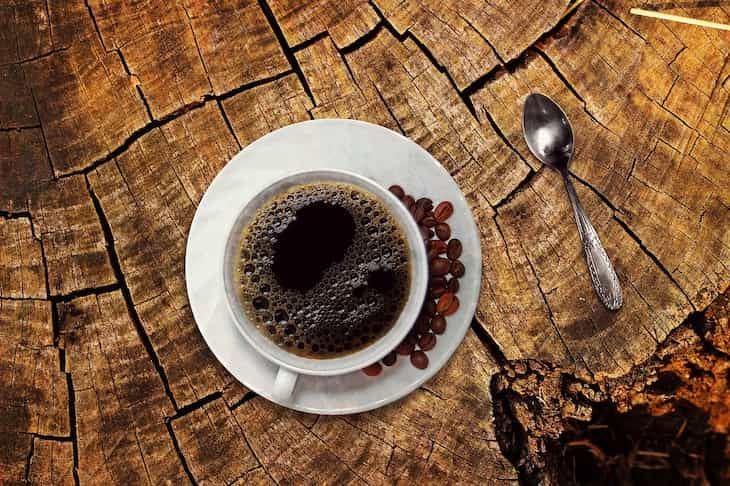Nutritionist's insights: Caffeine – how it actually helps fight sleepiness
If you're a keen coffee lover, then you probably can't actually wake up without a cup or two in the morning.
Caffeine is actually amazing and quite effective, but it clearly doesn't work the way that most people assume it does.
Caffeine doesn't help you get rid of your tiredness – but how does it work then?
Adenosine Blocker
Caffeine blocks a molecule called adenosine in the brain.
Adenosine is responsible for making you feel tired and sleepy.

By blocking adenosine, caffeine prevents it from working properly.
Adenosine Receptors
Adenosine binds to receptors in the brain that slow down activity and make you feel tired.
Caffeine blocks these receptors, stopping adenosine from attaching to them.
As a result, brain activity increases, and you feel more awake and less sleepy.
Increased Brain Activity
Blocking adenosine receptors with caffeine leads to increased brain activity.
This heightened activity contributes to feeling more alert and awake.
Dopamine Boost
Caffeine also affects dopamine, a neurotransmitter that plays a role in making you feel good and motivated.
It can increase dopamine levels, which further contributes to the feelings of alertness and improved mood.
Temporary Effects
It's important to note that the effects of caffeine are temporary.
As your body processes caffeine, its effects wear off, and you may start feeling tired again.
This is why people often need to consume more caffeine throughout the day to maintain wakefulness.
Sleep Importance
While caffeine can help fight sleepiness, it doesn't replace the need for proper sleep.
Getting enough restful sleep is crucial for your overall well-being and natural wakefulness.
Caffeine is a temporary solution and should not be relied upon as a substitute for sleep.
Previously, we talked about mochi dessert.


